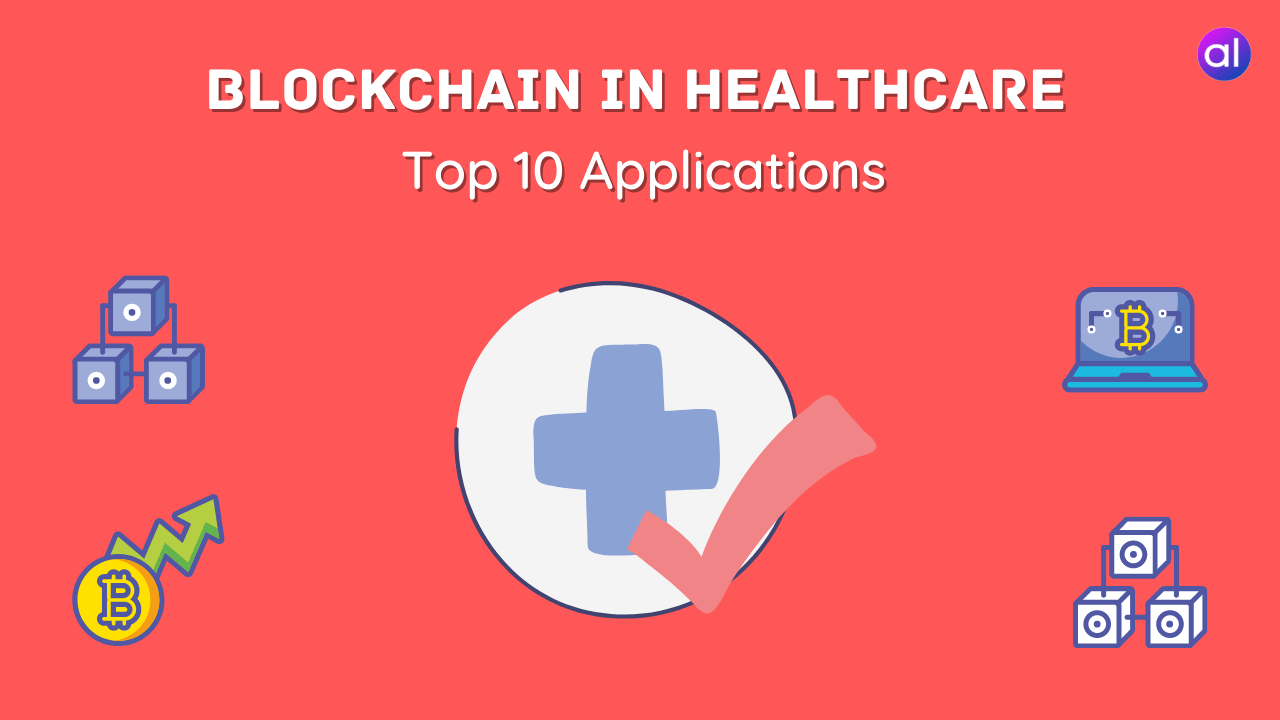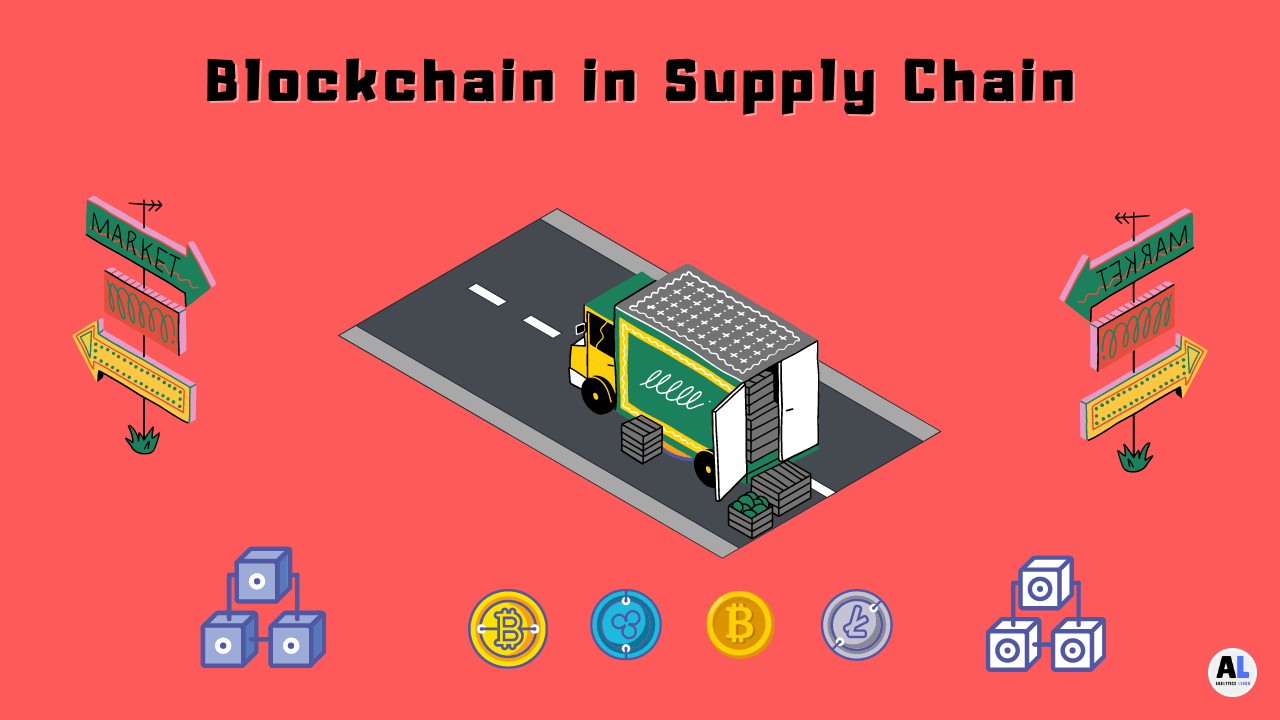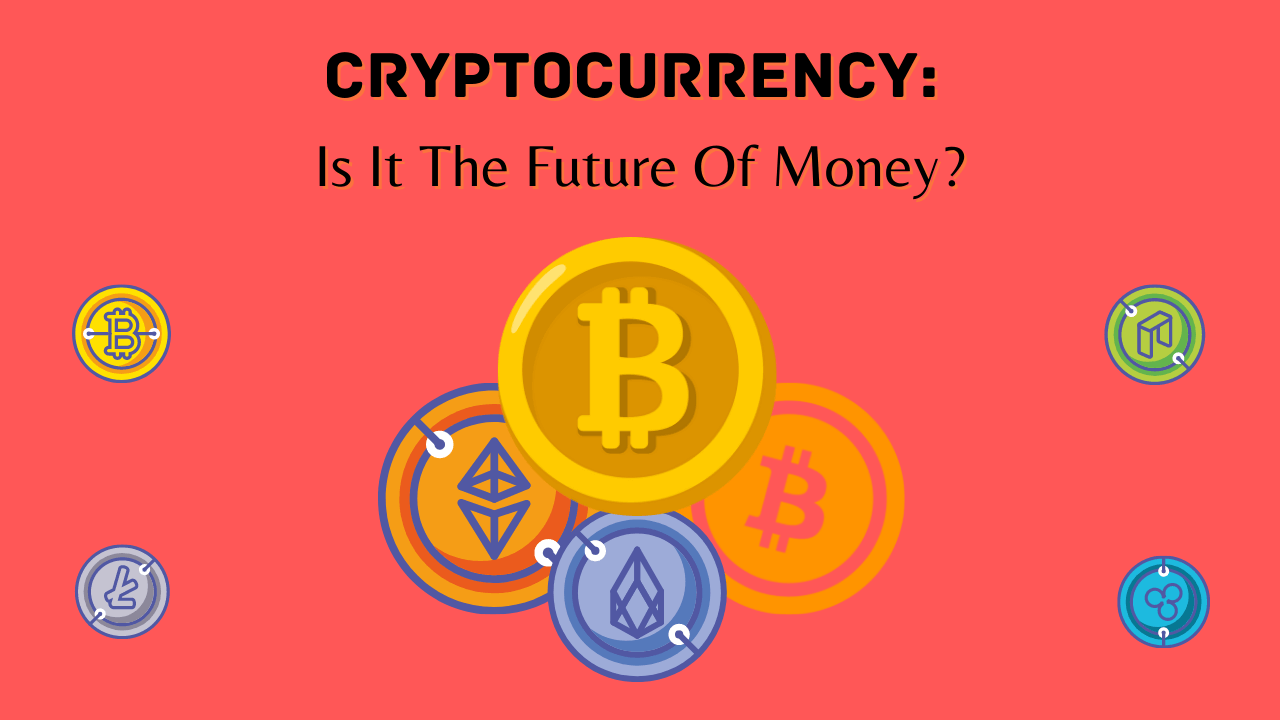In this post, you are going to explore the top applications of blockchain technology in the healthcare industry with multiple usabilities.
In an era of big data, digitization, and the Internet of Things (IoT), healthcare organizations are undergoing a major transformation, from being service providers to delivering personalized, value-based care that incorporates genomic information.
Although blockchain technology is new to the world, it is one of the best ways to prove any digital transaction, In this era of revolution and it is used in many healthcare and other companies as well.
Why need Blockchain in Healthcare?
Everyone generates healthcare data from the day we are born to the day we die and Blockchain Technology can be used to build the security shield on healthcare data.
The problem is, if a person loses their health care records, it might as well be lost forever. Blockchain technology can make storing and sharing medical information more convenient and secure.
Today’s healthcare industry faces many problems including an average of 17 hours to create a medical record, accessibility issues across different HIEs (Health information exchanges).
Clinical mistakes lead to incorrect diagnosis, out-of-date systems, non-compatible data formats leading to costly errors, and increased medical liability costs due to a lack of medical record integrity.
Applications of Blockchain in Healthcare
1. Blockchain in Medical Research
Blockchain technology could have significant impacts on the pharmaceutical industry, the healthcare industry, and medical research.
Blockchain could be used to securely collect data about clinical trials, reduce counterfeiting in drug markets, and promote better adherence to treatment protocols.
2. Medical Data Management
Blockchain is a digital ledger that records and protects information, This makes it an excellent tool for storing medical data, such as patient records and drug prescriptions.
There are two ways to store this information: in a centralized database or on blocks which can be easily shared with other computers anonymously.
A decentralized system like the blockchain ensures that the data is not vulnerable to cyber-attacks or human error, while also simplifying how to secure information is accessed.
3. Medication Supply Chain Management
Patients, providers, and pharmacists often find themselves frustrated by the complexity of the medication supply chain.
It starts with patients who experience difficulty in understanding which drugs they need and when.
They then experience difficulty in finding those drugs at a pharmacy or obtaining them from an out-of-network provider.
Pharmacists and providers struggle to figure out which drugs they should prescribe and how much to prescribe, and at the same time deal with insurance companies that may not cover those prescriptions.
4. Transactions in the Health Insurance Industry
Blockchain can be used in the health insurance industry to provide a single, immutable ledger of all transactions.
This would allow insurers to have a complete view of their data and detect fraud. One of the most difficult parts of the healthcare industry is connecting different parties with different systems.
Blockchain can link patients with insurers, labs, doctors’ offices, etc. so that everyone has access to the same version of the truth.
5. Healthcare Data Security
Healthcare data is fragile and private, with strict security policies, Blockchain technology is adopted to build the security shield on healthcare data, it can handle different levels of data security in the healthcare industry.
Healthcare data security has always been a tough nut to crack, due to its sensitive nature, one of the most easily violated by malicious attackers.
With blockchain technology becoming more and more popular and viable, as an option for creating secure digital identities.
It can be combined with the healthcare industry to handle different levels of data security and privacy.
6. Patient Records Management
Blockchain technology can be used to store medical information and secure it against data breaches.
Blockchain has the capability to provide a decentralized repository of medical records.
which will reduce the number of times that patient data is accessed by providers and eliminate the need for patients to share their personal health information with multiple healthcare service providers.
7. Patient Consent Management
In recent years, blockchain technology has turned into a new market of opportunities for managing and storing large amounts of data with high-security levels.
The solution of blockchain-driven patient consent management (PCM) allows the collection, process, and store of patient information through an advanced recording technology that makes it secure and available on a request basis.
Blockchain technology can be used to assure patients that their personal data is not being stored by the system.
The blockchain is a type of distributed ledger, which means that there are no centralized databases on a single server.
Patients would have to opt-in before they could be added to the network and access their medical history.
8. Medicine Authentication
According to World Health Organization (WHO), more than half of the medicines used in the developing world are counterfeit, the solution is to enhance drug safety using blockchain technology.
The Medicine Authentication project wants to use blockchain tech as a transparency tool to maintain the medicine authentication based on transactional data.
Every medicine is crucial and making it available to all kinds of medicinal data is essential to everyone.
We want to be a trustworthy company for medicines, online commerce, and healthcare so our platform will have many benefits for pharma companies, distributors, hospitals, and patients.
medicine authentication system using blockchain, you can easily know what your medicine is and everything related to it.
By this authentication, we can control and determine the exact location of our health product.
9. Healthcare Fraud Prevention
Medicine is an important product around the world and blockchain technology could be a revolution in preventing tampering, providing immutability, and providing security against internet fraud.
Fraud is a very significant issue in the healthcare industry, It doesn’t matter whether you’re talking about medical devices, pharmaceuticals, steroids, or antibiotics: fraud is a massive issue.
Healthcare fraud costs the United States upwards of $68 billion per year and that’s just the number we know of.
Blockchain is an excellent technology to prevent fraud in the supply chain and different aspects of healthcare.
10. Medical Contracts Handling
Smart contracts help to manage any medical contract digitally without any third-party intervention. Blockchain is on the basis of smart contracts, it is based on electronic transactions on the internet.
In this way, the chance of fraud and fraudulent activity will be eliminated automatically and immediately.
Blockchain is a big growth sector in digital data technology.
Every doctor has witnessed difficulties in dealing with paperwork when it comes to medical contracts.
It’s a tedious task since you have to fill out a lot of forms for each medical examination.
Medical Smart Contracts Handling on the blockchain is the latest technology invented to handle any medical contract digitally without any third party.
Blockchain can be used to create permanent records of each treatment conducted and the data will remain safe and secure on the blockchain network.
Conclusion
We work hard to eat right, exercise, and maximize our efforts in preventing illness. But without the proper medical care, it is difficult to maintain wellness.
Blockchain technology can enhance healthcare with its accountability, security, and higher value of patient information.
Imagine if your health records were not only available to you but also your family doctor – or even that next doctor you see in town? This ensures that everyone has the most up-to-date information on your overall wellness.

Meet Nitin, a seasoned professional in the field of data engineering. With a Post Graduation in Data Science and Analytics, Nitin is a key contributor to the healthcare sector, specializing in data analysis, machine learning, AI, blockchain, and various data-related tools and technologies. As the Co-founder and editor of analyticslearn.com, Nitin brings a wealth of knowledge and experience to the realm of analytics. Join us in exploring the exciting intersection of healthcare and data science with Nitin as your guide.










